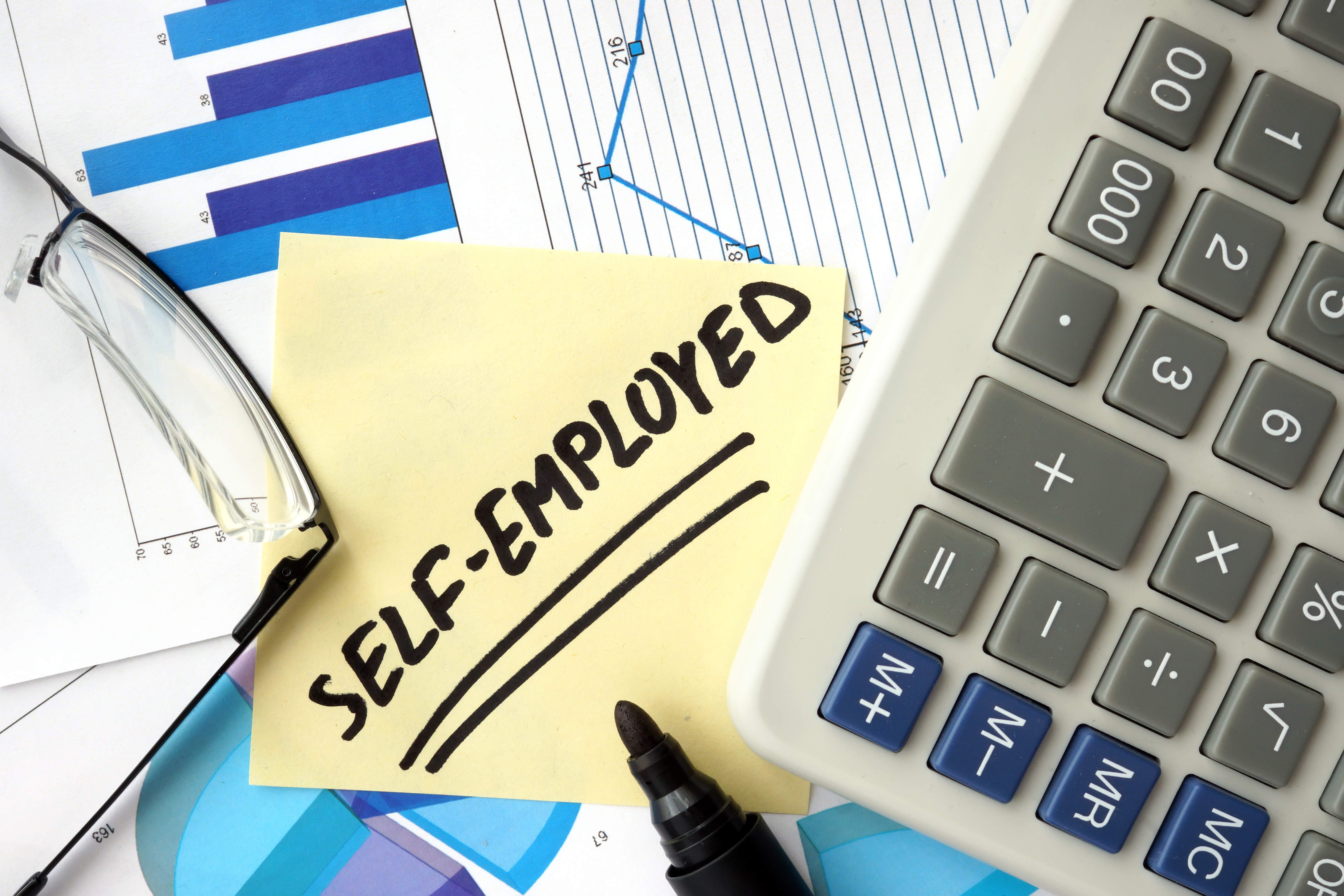Guide to getting a home loan if you’re self-employed

Being self-employed shouldn’t stop you from owning the home of your dreams. Where, traditionally, the lack of a single, permanent employer may have hindered your chances of getting a bond, thanks to South Africa’s largest bond originator, this is no longer the case.
Home loans for the self-employed
ooba Property Finance Specialist Yvonne Viljoen explains all the need-to-know for self-employed house hunters, from the paperwork involved to ways improve your chances of getting the bank’s thumbs up…
1. Prepare your papers
Whether you’re a freelancer, contract worker, sole proprietor or small business owner, you will need to present the following documents with your home-loan application, most of which your accountant or bookkeeper should be able to help you gather together:
- Comparative financials covering a trading or working period of the latest two years.
- A letter from your auditor confirming your personal income.
- If your financials are more than six months old, you will need up-to-date signed management accounts.
- A cash-flow forecast for the ensuing 12 months.
- A personal statement of assets and liabilities.
- Personal and business bank statements (Absa requires the latest 12 months, most of the other banks require six).
- Your latest IT34, which is confirmation from SARS that your tax affairs are in order.
- Your company, closed-corporation (CC) or Trust statutory documents.
- The ID documents of all your business’s directors, members or trustees.
- Depending on the complexity of your application, it may also be useful to provide a short CV.
2. Have your tax affairs and finances in order and up to date
Your financial records will show whether you earn enough to afford the property that you want to buy, so it’s a good idea to manage your income and expenses carefully in the months or even years leading up to buying a home, says Viljoen. “Banks like to see regular, consistent income, and also look for sufficient disposable income or monthly savings to afford your property.”
3. Check your creditworthiness
To increase your chances of having your home loan approved, Viljoen suggests you do the same that any prospective homebuyer does to ensure his or her financial affairs are in order. “The first thing that a bank will do is run a credit check, so you should do one yourself, before you actually make an offer on a property and time becomes of the essence,” she says. “All South Africans are entitled to run one free credit check a year.”
Ensure you have a proven history of managing your finances responsibly, she adds. “Ironically, to get big credit it often helps to have had small credit, so open a couple of accounts with stores and get a credit card, then make purchases and, most importantly, pay what you owe on time and in full every month.”
Finally, don’t despair if there are any judgments against your name. “It is possible in some cases to rehabilitate your record, so get expert advice on how to do this,” she adds.
4. Separate your personal and business expenses
Says Viljoen: “While South African tax law does allow for a certain percentage of personal expenses incurred as a result of the day-to-day running of one’s business, we often find that applicants put many personal expenses through the business as opposed to taking an actual taxable salary. While they may save on tax in this way, self-employed individuals can be accused of ‘inflating their income’ when it comes to applying for finance. Instead, it is better to very clearly define one’s taxable drawing, pay over the tax due and then service all personal expenses with one’s net income. It is imperative that the bank is able to see that the net profit, post expenses, is directly in line with one’s earnings. Banks find it challenging to prove affordability when creative accounting has taken place.”
5. Pre-qualify for a bond
“Getting pre-qualified for a home loan means that your income, expenditure and credit record have been checked in advance so that you can make an offer on a property with the confidence that it is within your price range, and that your credit record is clean,” explains Viljoen, adding that ooba can assist with your pre-qualification.
6. Save for a deposit
“Saving up for a deposit will provide an enormous boost to your bond approval chances, indicating that you are financially responsible and have the funds to put towards the house,” she notes, adding that this makes the home loan a less risky proposition for the bank.
7. Call in the experts
Viljoen’s top tip: turn to the pros. “An expert bond originator will apply to multiple banks on your behalf and present your application in the best possible light. This means that you only have to fill out the paperwork once, and if you are uncertain of anything, you can get advice from experts who know the system – at no extra cost to you.
“Buying a home and applying for a bond can be a stressful and confusing time,” she continues. “Take heart – with a clean credit record, the correct paperwork in place, and ooba by your side there’s an excellent chance that the banks will look favourably on your application.”
Get pre- prequalified with our free, online tool, the ooba Bond Indicator.
